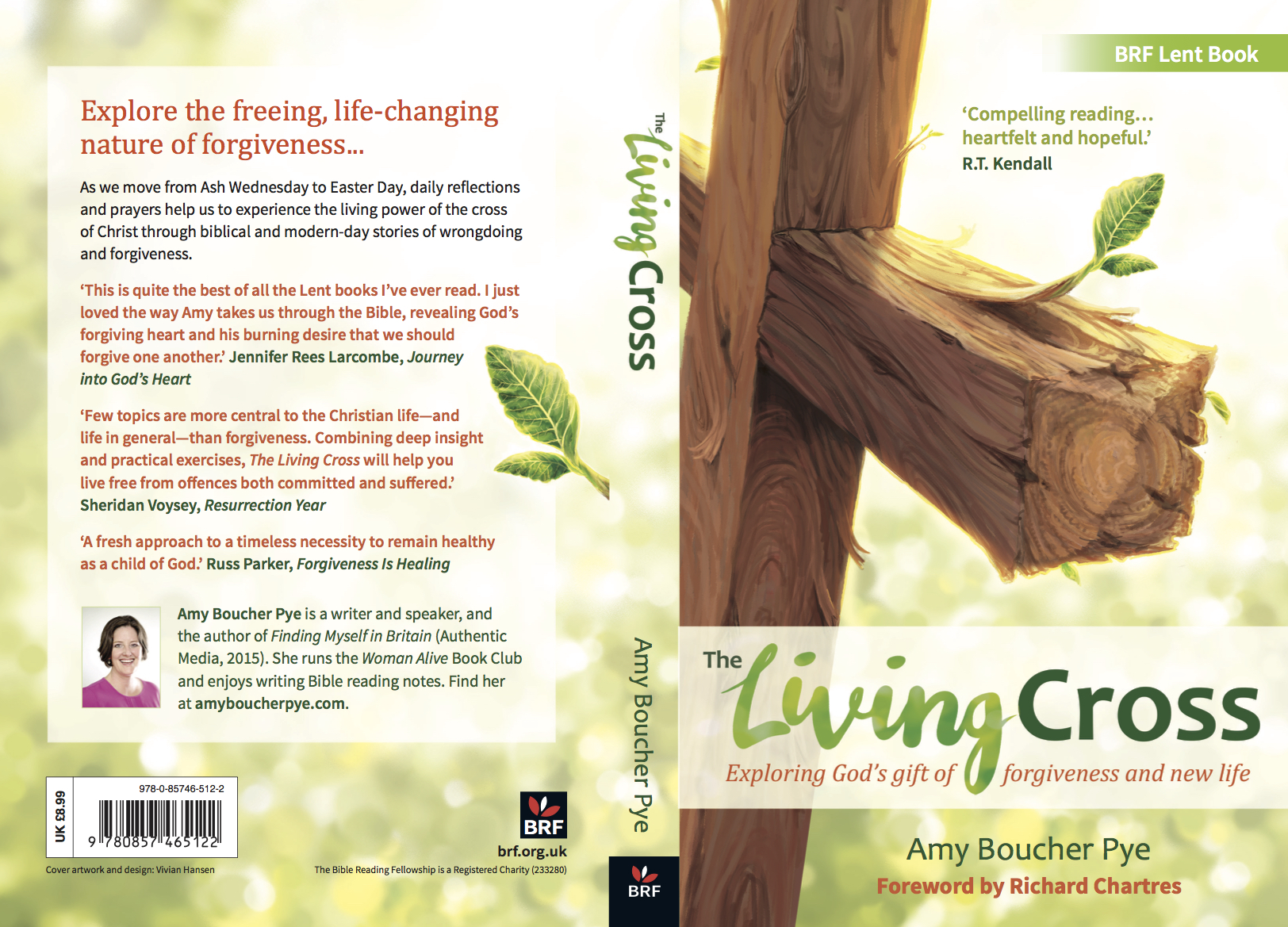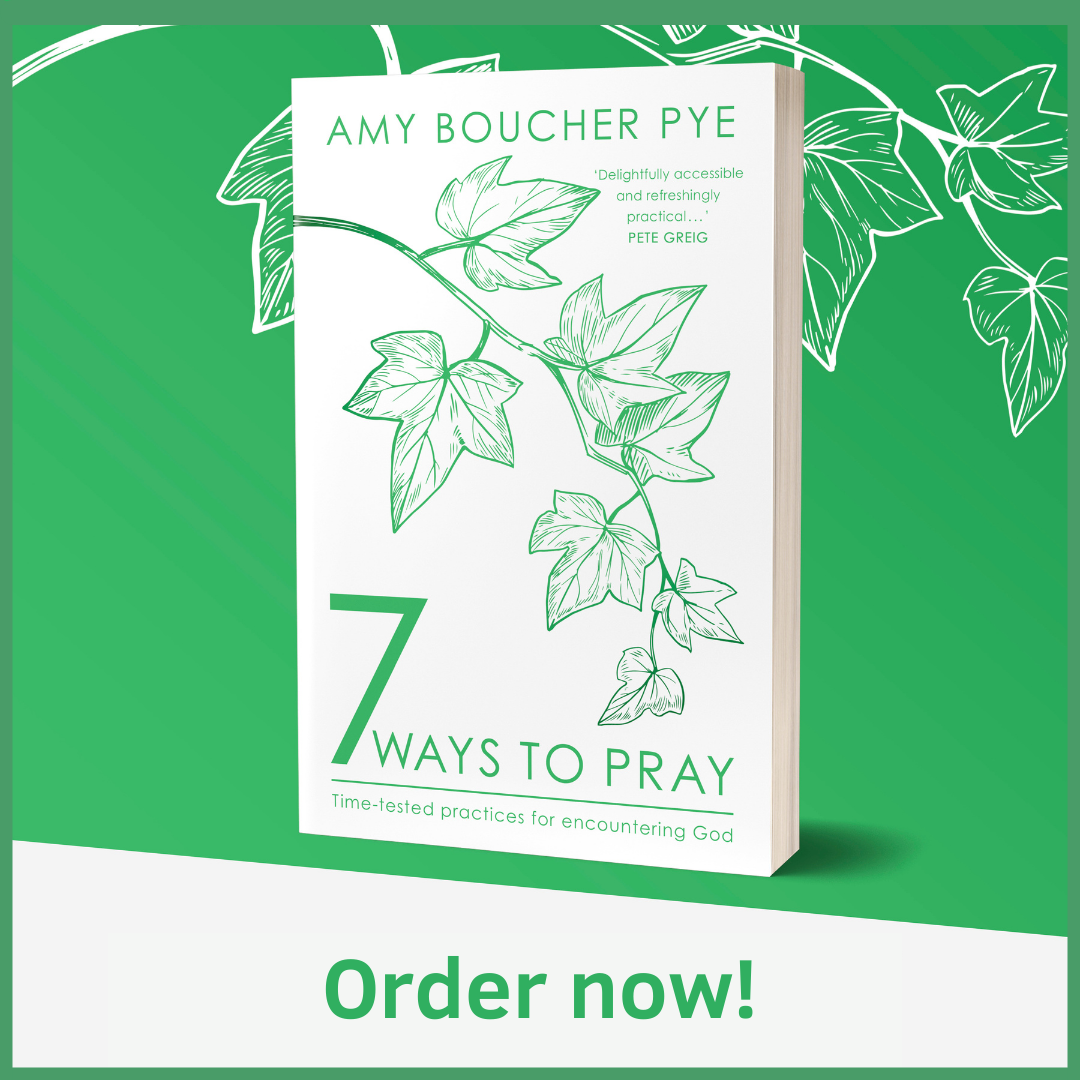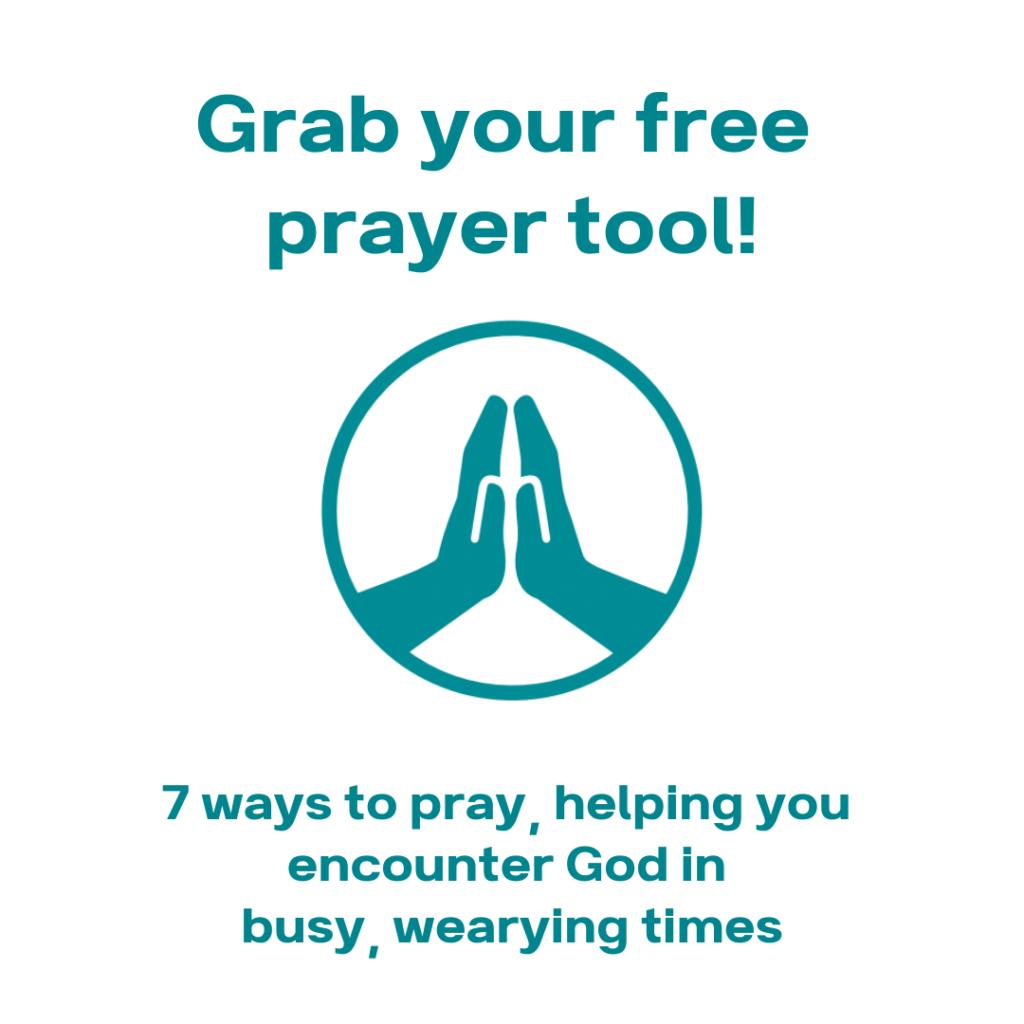Why Lent?: How to Enrich Your Faith Before Easter

Briton Rivière (1840–1920), The Temptation in the Wilderness; (c) City of London Corporation; Supplied by The Public Catalogue Foundation
As one who grew up in a church that uses set prayers in its services and observes seasons and rituals, I’ve known the season of Lent from my childhood. For me it’s an important time to prepare myself for Jesus’ death and resurrection; it’s a yearly reminder of my sins, Jesus’ sacrifice on the cross, and God’s amazing grace in the gift of forgiveness and new life.
But I know that not all Christians love Lent. Some may be concerned about empty ritual, or believers engaging in unnecessary penance when Jesus has paid the price on the cross once and for all. Yet the benefits of a time set apart to examine myself before God have outweighed the potential pitfalls, and so I’d like to offer up some ideas for Lent as a way to deepen our love for and commitment to God. And as I’ve loved books for as long as I can remember, these suggestions are based on words – and the Word. Following are some practices you can enact during Lent.
 Focus on one book of the Bible
Focus on one book of the Bible
Lent is made up of 40 days (excluding Sundays), so it’s a wonderful time to hone in on one of the books of the Bible. Why not choose an Old Testament prophet, such as Isaiah, which is rich in foreshadowing our Saviour? With Isaiah’s 66 chapters, you could read one chapter on Mondays to Fridays, and then two-three chapters on each day of the weekend. Or a gospel makes prime reading in Lent as it helps us focus on the life, death and resurrection of Jesus. Many Christians also add praying through one of the Psalms daily.
 Add a practice of giving or forgiving
Add a practice of giving or forgiving
Many people see Lent as a time of fasting or taking away, but we’ve seen through the #40acts movement how we can add a practice to prepare for Easter. Through committing to 40 acts of generosity – things such as giving away chocolate or supporting the Fairtrade movement – Christians embrace the joy of giving as rooted in God’s gift of his son, Jesus.
Along with giving, we can embrace more forgiving. I was reminded of this recently when a long-time disciple of Christ, a woman who has seen heartache and pain but whose heart remains tender, said, ‘We can always forgive a little bit more.’ She and I were talking about my book, The Living Cross: Exploring God’s Gift of Forgiveness and New Life (BRF, 2016), which engages with readings from the Old Testament and the New on the theme of forgiveness (more on it below). Her words struck me as so wise, for in this fallen world where we experience disappointment, betrayal and pain, we need a regular practice of forgiveness to keep us from becoming bitter and lacking hope.
Why not commit to daily forgiveness? I’m not suggesting we go digging for unconfessed sins, or for people to forgive whom we haven’t considered for decades, but we can trust that the Holy Spirit will lead us in a sort of spring cleaning of the soul. Forgiveness is freeing – we’ll approach the resurrection of Jesus with a new sense of joy if we’ve been able to release the pain that may weigh us down.
Meet with fellow Christians
Lent is a wonderful time to meet with others while reading and discussing Christian resources. One year our church engaged in the E100 Challenge as produced by Scripture Union. I begrudgingly gave up my own programme of Bible reading to join in, and I was so glad that I did. Each week we’d share our thoughts and new understanding, and we’d also be encouraged by what others gained through the experience. I saw new things about the Bible as a whole from this programme.
There are many resources to choose from, which leads me to my final point…
 Read a book
Read a book
Why not read a book specially prepared for Lent? I mentioned mine, The Living Cross, about which Catherine Campbell has said,
A Lenten journey you won’t want to miss. From the Fall to the Cross and beyond, Amy Boucher Pye walks us down the centuries to meet the One she calls the “Father of outstretched arms.” With captivating writing and inspiring biblical insight, we are reassured from the stories of fallen heroes, fallible leaders and plain ordinary sinners that God’s lavish forgiveness is available to each one of us. The more I read the more excited I became, and the more thankful I am for God’s “scandalous grace and love poured out.” Simply superb. I can’t wait to read it again!
I learned so much about forgiveness while writing this book, including how in the Old Testament, people didn’t assume they could forgive others – for them, forgiveness came from God. But with the death of Jesus, we now can not only of receive forgiveness from God, but others as well – and we can extend it ourselves.
My favourite Lenten book is Reliving the Passion by Walter Wangerin (Zondervan, 1992). He’s a master storyteller, and writes here as a participant in the passion events. He transports us to a vivid world of sights and smells that bring the story alive, engaging our heads and our hearts. I can’t recommend this book enough.
Whether you manage to engage in a new practice each day in Lent, or not quite as regularly, I trust the Lord will help you to draw closer to him in your journey. As we approach the celebration of the resurrection, I pray that you will feel the joy of know that Christ is risen – indeed, he is risen!








 Hello!
Hello! 
Pingback : Amy Boucher Pye » Preparing for Lent